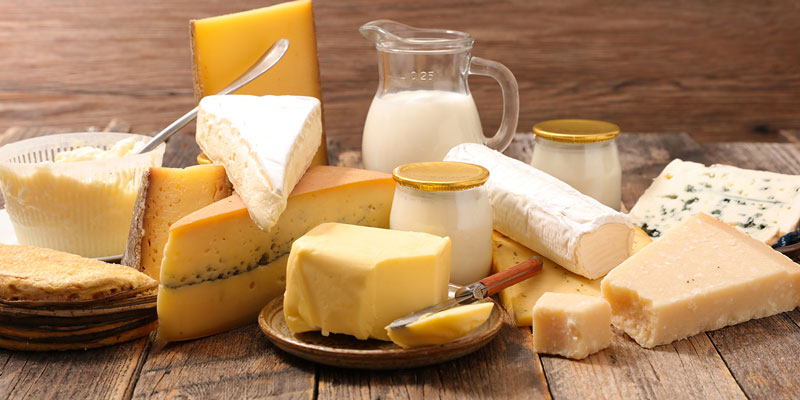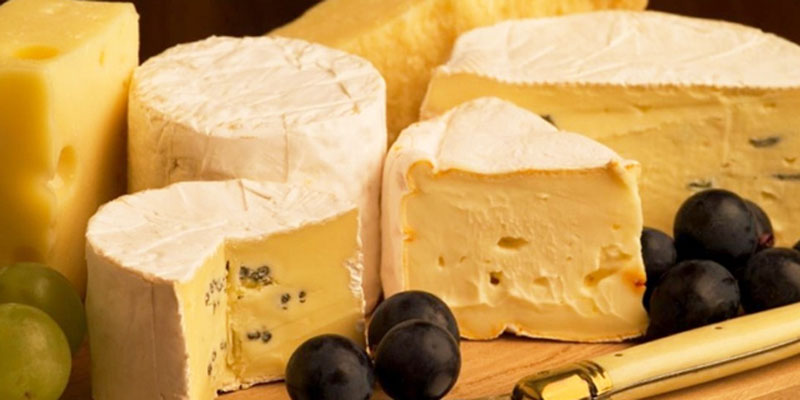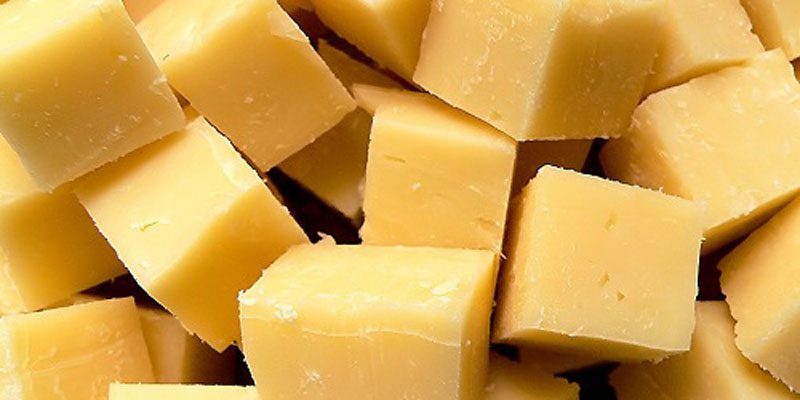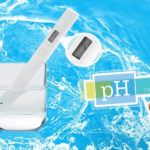Not only Europeans but also Asians, specifically Vietnamese people, commonly use butter and cheese in their daily meals. However, many people mistakenly believe that butter and cheese have similar compositions and, therefore, that one can be substituted for the other. So, what is the truth? Are there any differences between butter and cheese? If so, which one is better? Let’s find out.
1 Differences Between Butter and Cheese

To distinguish between butter and cheese, let’s take a look at their nutritional content:
- Fat: Butter has a very high fat content (83.5%), classifying it as a fat-rich food. In contrast, the fat content in cheese is much lower, with only 1% in fresh cheese and 34% in fresh cheese.
- Protein: Butter has a minimal protein content of 1%.
- Cheese, on the other hand, boasts a high protein content of 25.5%, classifying it as a protein-rich food.
- Calcium Content: Butter contains only 12% calcium per 100 grams, while cheese has a significantly higher calcium content of 76%.
- Iron Content: Butter contains 0.1% iron, whereas cheese contains 0.5% iron.
Thus, it is evident from the comparison that the nutritional profiles of butter and cheese differ considerably.
Based on this information, we can conclude that butter is high in fat and classified as a fat-rich food, but it lacks protein. In contrast, cheese is a good source of protein, and it also provides higher amounts of calcium and iron than butter.
For further reference:
2 Which Is Better, Butter or Cheese?
Butter is a high-energy food, mainly consisting of fat. Butter contains high levels of cholesterol, and excessive consumption can impact the cholesterol levels in your body. Therefore, elderly individuals, obese people, and those with cardiovascular issues should limit their intake of butter. Butter can be used as a substitute for oil or fat in cooking, as they all belong to the fat-rich food group.

Cheese, on the other hand, tells a different story. It is high in protein but low in fat, so it doesn’t affect your cardiovascular health. Additionally, the nutrients in cheese promote strong bones, boost immunity, provide a rich source of protein, and even help prevent cancer.
This doesn’t mean that butter is bad and cheese is good. It simply depends on your individual health status and requirements. Both butter and cheese have their unique benefits and should be consumed in moderation as part of a balanced diet.
Since butter and cheese don’t belong to the same food group, you can consume both. Cheese can replace foods like meat, fish, eggs, and dairy (due to its high protein content), offering a versatile option.
For further reference:
3 Is It Healthy to Eat a Lot of Cheese and Butter?
No, it is not advisable to consume large quantities of cheese and butter, despite their nutritional benefits. While cheese may seem like the healthier option when compared to butter, moderation is key. Here’s why:

Excessive consumption of cheese and butter can lead to weight gain due to their high protein and fat content, respectively. Therefore, it is essential to maintain a balanced diet and consume these foods in moderation.
For individuals with digestive issues, it is advisable to limit the intake of cheese and butter, as they may aggravate existing conditions and trigger stronger reactions, potentially leading to allergies.
Additionally, overconsumption of butter and cheese can negatively impact cardiovascular health and diabetes management. Hence, it is crucial to maintain a balanced diet and not exceed recommended intake levels.
For further reference:
We hope that this detailed information about butter and cheese has provided you with valuable insights into the nutritional aspects of these foods. Use this knowledge to make informed choices about your diet and maintain a healthy lifestyle. Cheers to good health!
Cook the Perfect Carrot Soup for Babies That Moms Will Love – Ready in No Time!
The recently released GREEN Electric Machine pressure cooker will help mothers cook carrot soup and provide their children with the nutrients they need to keep their eyes healthy. The pressure cooker will make it easier to whip up this nutritious snack that can provide kids with vitamin A supplements for improved vision.
The GREEN Electric Machine pressure cooker has just been unveiled, providing mothers with a convenient way to prepare carrot soup for their children. This healthful snack can give kids the vitamin A supplements they need to prevent eye diseases, promote healthy eyesight, and enjoy a delicious meal.





































